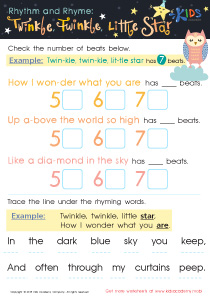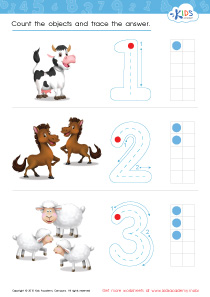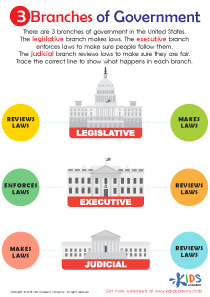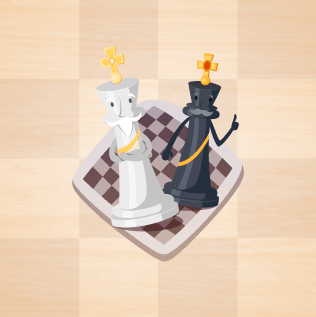Chess Lessons | Chess Basics, Grade 3
6 results
Introduce your child to the exciting game of chess with our Chess Basics Lessons! Perfect for Grade 3 students, our interactive worksheets and educational videos will guide them through the fundamental rules and strategies of one of the oldest and most challenging games in the world. Our professionally designed assessment quizzes will test your child's knowledge and ensure they've mastered each lesson. With Chess Basics Lessons, your child will develop critical thinking and problem-solving skills, all while having fun! Sign up today and watch as your child's passion for the game of chess grows!
Chess Basics Lessons – A Fun and Effective Way to Boost Learning for Kids in Grade 3
Chess is a strategic game that involves critical thinking, logic, and problem-solving skills. It's a game that has been played for centuries and still remains popular to this day. Chess basics lessons are an excellent way for children in grade 3 to learn the fundamentals of chess in a fun and interactive way. These lessons can be incredibly useful for children in their studies and beyond. Here are some ways in which these lessons can help:
Improved Focus and Concentration
Chess is a game that requires focus and concentration on every move. The Chess Basics Lessons help children in grade 3 to build their attention span and improve focus. By practicing and playing chess, children develop the ability to focus and concentrate on the task at hand for longer periods. This skill translates into success in academic subjects such as math, science, and writing.
Enhanced Problem-Solving Skills
In chess, each move determines the next. It requires players to think several steps ahead and anticipate their opponent's moves. Learning chess basics offers children an opportunity to develop a problem-solving mindset that can be applied to many other aspects of their lives. By honing their critical thinking skills, students learn to approach problems with creativity and flexibility - valuable tools for tackling complex problems in many subjects like science and math.
Enhanced Memory Retention and Recall
Chess requires players to remember winning techniques, traps, and patterns. Children who learn chess basics are more likely to improve their ability to remember and recall in other subjects. With the help of interactive worksheets and assessment quizzes, Chess Basics Lessons improve memory recall and retention, enhancing students learning proficiency.
Improved Cognitive Skills
The game of chess challenges one's mind to think critically, logically, and with abstract thinking ability. Students in grade 3 involved in Chess Basics Lessons learn how to solve the problem, analyze various scenarios, visualize the future course of events and then choose the ideal move accordingly. These cognitive skills acquired through learning chess basics can efficiently help them to walk through courses like math and science with ease.
A Tool for Building Socialization Skills
In chess games, players often huddle up together for better clear communication flow and team strategic planning. Chess Basics Lessons often lead students learning how to communicate effectively with others while actively engaging in problem-solving skills and logical thinking.















